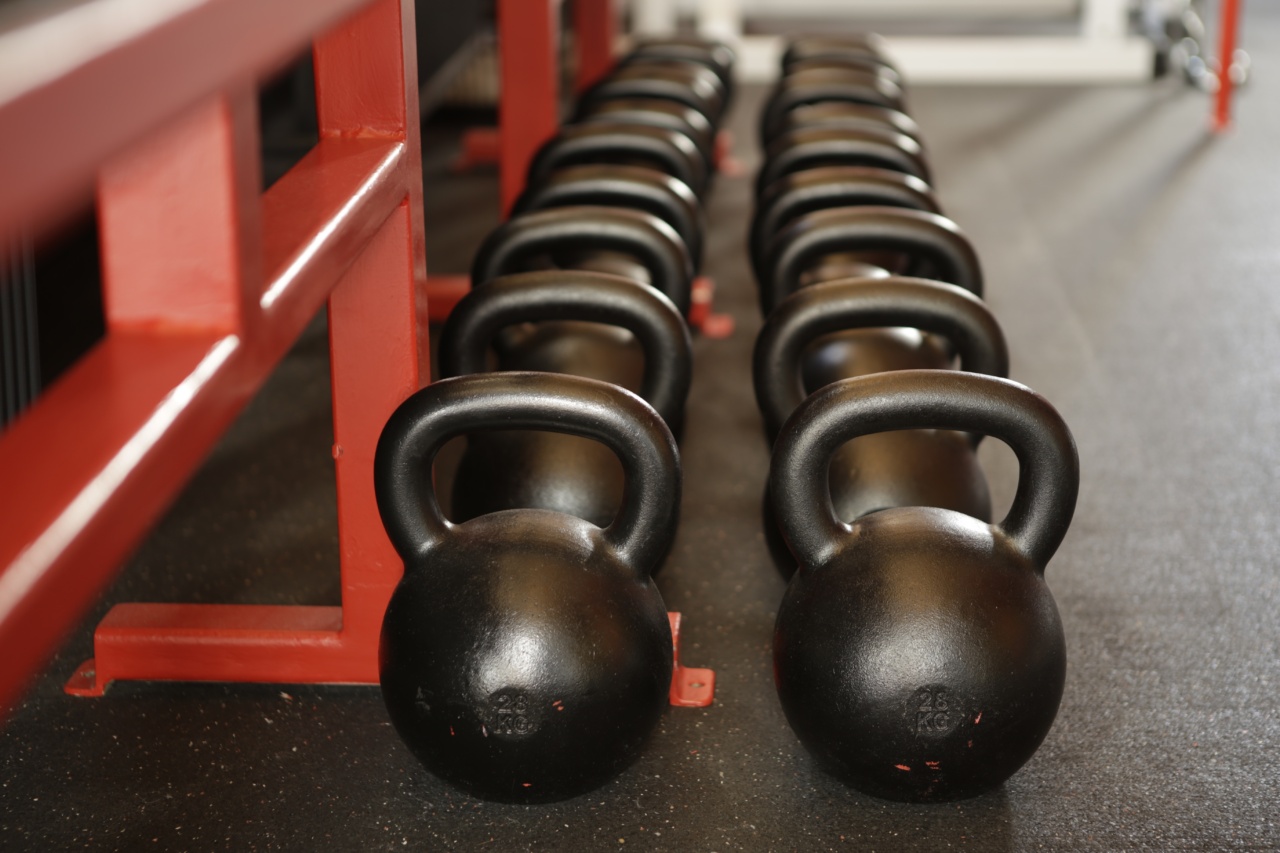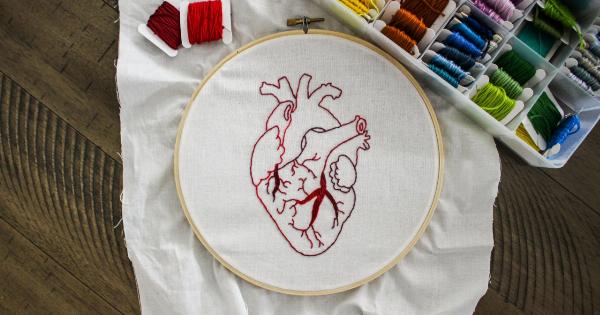Iron is an essential mineral that is vital for several bodily functions, including the transportation of oxygen through the blood. A deficiency in iron can lead to a host of health problems, with cardiac health being one of them.
Iron deficiency anemia is the most common form of anemia, affecting approximately 1.62 billion people worldwide, and is a significant threat to cardiac health.
What is Iron Deficiency Anemia?
Iron deficiency anemia is a condition in which the body lacks sufficient iron to produce hemoglobin, a protein in red blood cells that carries oxygen throughout the body.
Without enough iron, the body cannot produce enough hemoglobin, leading to a reduction in the number of red blood cells and a decrease in the amount of oxygen that can be transported to the body’s tissues. The result is symptoms such as fatigue, weakness, pale skin, shortness of breath, and decreased physical endurance.
The Link Between Iron Deficiency Anemia and Cardiac Health
Iron is essential for the proper functioning of the heart. When there is a lack of iron in the body, the heart has to work harder to pump oxygen-rich blood to the body’s tissues.
This added stress on the heart can lead to several cardiovascular conditions such as heart failure, arrhythmia, and ischemic heart disease. Studies have also found that iron deficiency anemia can increase the risk of cardiovascular disease and death from heart-related complications.
Iron Deficiency Anemia and Pregnancy
Pregnancy is a time when the body requires more iron than usual to support the growing fetus and the increased blood volume in the mother.
Iron deficiency anemia during pregnancy can lead to premature birth, low birth weight, and developmental delays in the child. It can also increase the risk of postpartum depression, preeclampsia, and other complications for the mother.
The Importance of Iron in Cardiac Health
Iron plays a critical role in many of the body’s processes, including the cardiovascular system. It is essential for the proper functioning of the heart and the transportation of oxygen throughout the body.
Without enough iron, the heart has to work harder to compensate for the lack of oxygen, leading to several cardiac conditions. It is essential to maintain adequate levels of iron in the body to ensure optimal cardiac health.
Symptoms of Iron Deficiency Anemia
The symptoms of iron deficiency anemia can vary depending on the severity of the condition. Common symptoms include:.
- Fatigue
- Weakness
- Pale skin
- Shortness of breath
- Chest pain
- Dizziness or lightheadedness
Treating Iron Deficiency Anemia
Treating iron deficiency anemia typically involves increasing the intake of iron-rich foods or taking iron supplements. Iron-rich foods include red meat, poultry, fish, legumes, and leafy green vegetables.
Vitamin C can help increase the absorption of iron, so it is essential to include foods rich in vitamin C, such as citrus fruits and tomatoes, in your diet. In severe cases, a doctor may prescribe intravenous iron therapy, which involves receiving iron through a vein.
Preventing Iron Deficiency Anemia
Preventing iron deficiency anemia involves maintaining a healthy, well-balanced diet that includes plenty of iron-rich foods. It is also essential to consume foods that facilitate the absorption of iron, such as vitamin C-rich foods.
For those at risk of iron deficiency anemia, such as pregnant women and women with heavy menstrual bleeding, taking an iron supplement may be recommended.
Conclusion
Iron deficiency anemia is a prevalent condition that can have significant consequences for cardiac health. Iron is essential for the proper functioning of the heart and the transportation of oxygen throughout the body.
Without enough iron, the heart must work harder to compensate for the lack of oxygen, leading to several cardiovascular conditions. It is essential to maintain adequate levels of iron in the body to ensure optimal cardiac health.





























